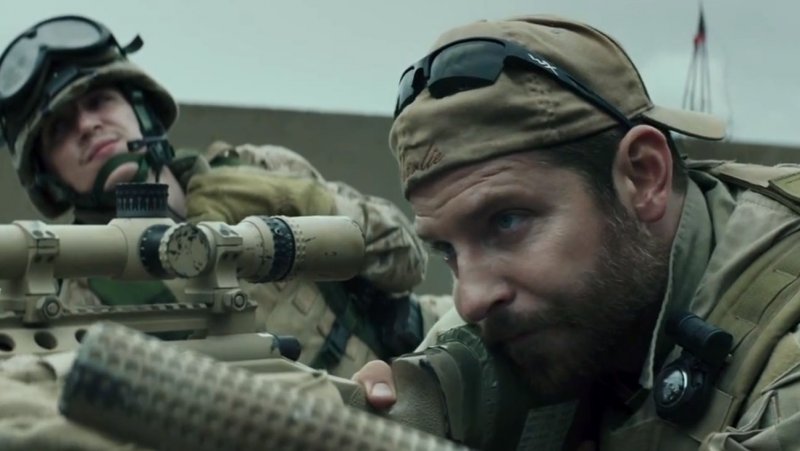It’s not just Americans who are in favor of doing rash and violent things that are against our interests merely because they feel patriotic. Look at contemporary Russia. Putin’s aggression, which has contributed mightily to the state’s wrecked economy, was met with approval by the majority of Russians. Briefly elated with a bacchanal of pride, they’re now sick with a long hangover, paying for letting their emotions dictate strategy, just as we did with Iraq.
I’m unconvinced that the U.S. has learned any lesson from that invasion, which occurred under false pretenses, cost us the lives 4,500 soldiers and more than a trillion dollars, a good amount of it bilked by war contractors. You hear rumblings now from Americans, and in our culture, that we need to not just hear how great the country is, but to have it demonstrated in some loud, scary way. That’s, of course, what our enemies want.
We defeat Putin and terrorists and any external threat by not behaving like them or letting them drive us into the rashness they deploy. But can we control ourselves? Terrorism is not nearly our biggest challenge. We are. From Edward Luce at the Financial Times:
For the first time since 2009, US voters cite terrorism as America’s top priority (76 per cent), according to a Pew poll last week. Given the tenacity of the gains of Isis in Syria and Iraq — it has held its ground in spite of US air strikes — and al-Qaeda’s strong advances in Yemen and beyond, it is hard to imagine this will change in 2015. Though it never vanished, terrorism is centre stage again.
The immediate US impact is among Republican White House hopefuls. Only one contender, Rand Paul — the artist formerly known as isolationist, also a senator from Kentucky — diverges from his party’s muscular line on national security. The more crowded the Republican field, the more Mr Paul stands out.
In one sense, this is a real selling point. There are plenty of millennial libertarians out there. But it also makes Mr Paul an increasingly juicy target. He is adjusting rapidly. In the past year he has gone from being an isolationist to a “non-interventionist” and is now a foreign policy “realist”. At this rate he will be a neoconservative before Independence Day.•
Tags: Edward Luce

